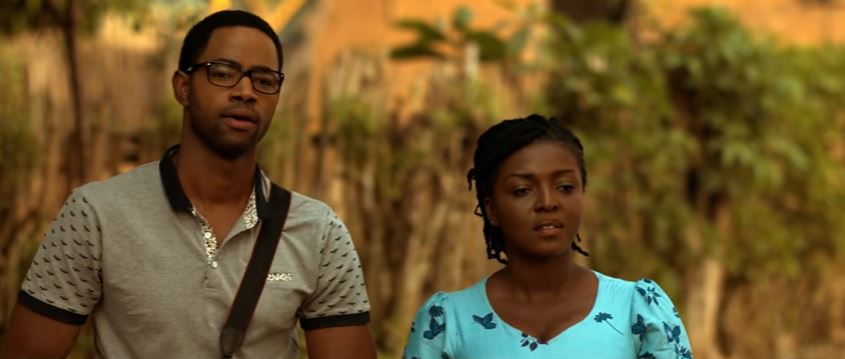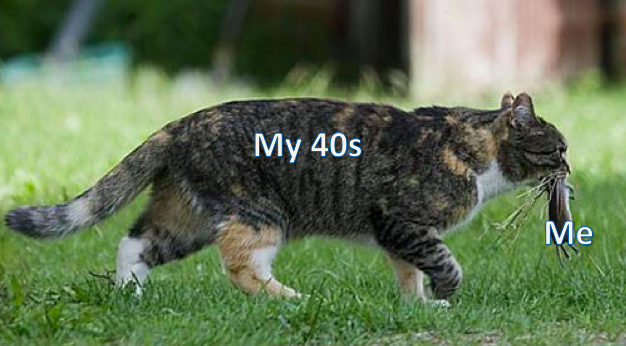150 Years after Juneteenth and Anti-Blackness is Still a Global Phenomenon
Today is Juneteenth, the day some of us in the Black community celebrate – or at least recognize – the ending of slavery and the beginning of emancipation. What hopes and dreams those newly freed Negroes must have harbored in their hearts on the day the news was read to them (two years after emancipation was officially declared) on that day. To be finally free! It must have been breathtaking, frightening, exhilarating.
What we know now, and what those poor souls couldn’t have imagined then, is that that freedom wouldn’t extend to them full citizenship or human rights or even the benefit of whole personhood. An African born in America was to be counted as 3/5th of a person, would have specific laws ratified to govern their existence and mobility; would be socially and economically marginalized and then have their poverty criminalized; would be brutalized for sport; and then to add insult to injury, find themselves admonished by the guardians and the beneficiaries of the system that left them in such a piteous state!
The irony of the 2015 Juneteenth celebration is this: If we had the ability to resurrect a soul emancipated in 1865 and placed them in front of a “magical glowing picture box” and showed them the events taking place in the Dominican Republic, the sidewalks of New York, a poolside in McKinney, TX or the front doors of the Emanuel AME Church in Charleston, he/she would be shocked that in 150 years, so little had changed beyond technology. The same anti-blackness that colored the lives of our ancestors is rampant and thriving today. We are living under the same threat of terrorism. Our collective emotional scars and trauma have never had a chance to heal. We go from one church bombing to one prison assault to one street lynching to the next. We can’t catch a break…and then we are asked to be “peaceful and prayerful” about it. We’re asked by unintentional racists to moderate our tone in our anguish. We’re berated if we wince and cry out under the sting of the whip.
Dr. King wrote this in a letter from a Birmingham jail:
“I must confess that over the past few years I have been gravely disappointed with the white moderate. I have almost reached the regrettable conclusion that the Negro’s great stumbling block in his stride toward freedom is not the White Citizen’s Councilor or the Ku Klux Klanner, but the white moderate, who is more devoted to “order” than to justice; who prefers a negative peace which is the absence of tension to a positive peace which is the presence of justice; who constantly says: “I agree with you in the goal you seek, but I cannot agree with your methods of direct action”; who paternalistically believes he can set the timetable for another man’s freedom; who lives by a mythical concept of time and who constantly advises the Negro to wait for a “more convenient season.”
I look at my Facebook feed and CNN and see how little has altered in this approach to our emancipation and quest for full personhood in this country.
I wish I had something eloquent and thought piercing to say about all this, but the AME shooting and the looming ethnic cleansing in Haiti have rendered me disoriented. Besides, all the think-pieces have already been thunk and all the manifestos have already been penned. My question is: what do we do NOW? Right now…today.
“Go/Come back to Africa”
This is a sentiment held by a number of people, some well-meaning and some not so much. The idea and proposition that one can (or should) just uproot your entire life in the face of turmoil is frankly infantile. Let’s take the situation in New Orleans during Hurricane Katrina. Most of the people who died in the surging flood waters were Black. Most of the people who didn’t evacuate were Black. White America was baffled and indignant. “It was their own fault for staying behind!” they caterwauled. That is because white America assumed that everyone has an SUV and $100 to fill up the tank to get out of town when trouble rolls in. Likewise, many of the white folk posting memes in red, white and blue (like this one from an actual Facebook “friend” of mine) directing us to leave the country if all this hostility was not working out. Oh, if only the Native Americans had taken this sage advice and applied it!
Well-intentioned but condescending Africans on the continent have also sneered at those of us who are Black and/or African in America, insinuating that we are directly responsible for the terror and grief we feel.
“You have a place you can come home to. Why sit there and let them shoot you. You are a fool.”
Again, if only it were that simple! It takes years to transition your life, especially if you have a family and a profession, from one end of the globe to the next. It takes planning. It takes money. You can’t just miracle your life from one existence to another! More importantly, it takes a support system and by and large, Africans on the continent are not prone to supporting foreigners/returnees unless they can see a direct benefit (or potential benefit) for themselves.
So what do we do? For years we’ve heard the rallying cry for Black people to “come together”. I finally am getting a sense of what that means. We have to look out for ourselves. That much is evident. No one else is going to look out for us. The destruction of the Black family is a global agenda. The demonization of the Black male is burned into the world’s collective psyche. The inferiority and expendability of the Black female is assumed and accepted. The loathing of Black children is made evident daily. Our bodies are fetishized, experimented on and bestialized…and then glossy magazine covers and exclusive interviews are granted to the sick people who are the executioners of our torment or the appropriators of our pain and culture.
We HAVE to look to ourselves to save ourselves, wherever we find ourselves. That means supporting each other’s businesses and teaching the next generation skills sets. That means employing each other. That means acquiring property and enhancing its value. That means showing love and deference to one another. That means going back to the roots that made the Black communities like Greenwood in Tulsa, Oklahoma, Auburn Avenue in Atlanta and Rosewood in Florida so successful. That means talking to each other. Some disputes can actually be solved without calling the police, you know? All it takes is a little bit of maturity. And for God’s sake, let’s begin to love each other. Truly, honestly, love each other! We can do that in Accra or Atlanta or Port-au-Prince.
I don’t have all the answers, but I’m hoping that from today forward, we start seeking and implementing some. I’m just so tired of being tired. I’m tired of feeling like my heart is on an anvil, waiting for the system to strike it again. If history has taught us nothing else, it is just a matter of days before our hearts are rent asunder again.






